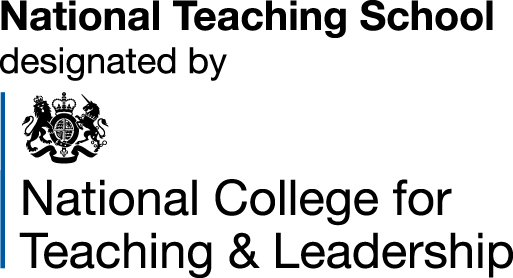Psychology
KS5
Psychology is the body of academic research that has sought to explain human behaviour and how the human mind works. The subject is offered as an A-level and taught across years 12 and 13. The AQA specification provides students the opportunity to explore a range of topics and cultivates a grounded and varied understanding in the subject.
The units that are studied are memory; attachment; social influence; psychopathology; research methods; biopsychology; approaches in psychology; schizophrenia; relationships; forensic psychology, and issues and debates.
What skills do students acquire?
Psychology is a theoretical and scientific discipline. Students are supported to become comfortable expressing complex ideas in written and verbal form; analysing numerical sources of data and other evidence; and willing to engage with complex, often abstract theoretical arguments.
General mathematical skills are required in some exam questions, and these are taught as part of the research methods unit. Students are also supported to develop an ability to apply psychological ideas and concepts to be able to explain real-life events and behaviours.
It is a very popular subject at A-level and many students choose to undertake psychology as a degree at university.
Assessment:
From the beginning of the course students are introduced to the different types of exam questions and how to successfully answer and apply knowledge to them. These key skills are deliberately modelled by the teaching staff. Students are given opportunities to demonstrate these skills independently with regular (twice half-termly) exam style assessments, known as ‘milestones’. All assessed work receives detailed teacher feedback and students are expected to improve upon their first attempts by integrating teacher feedback into a re-draft. This helps students to develop mastery in terms of skills and knowledge.
Mr M Simon (Head of Department)







